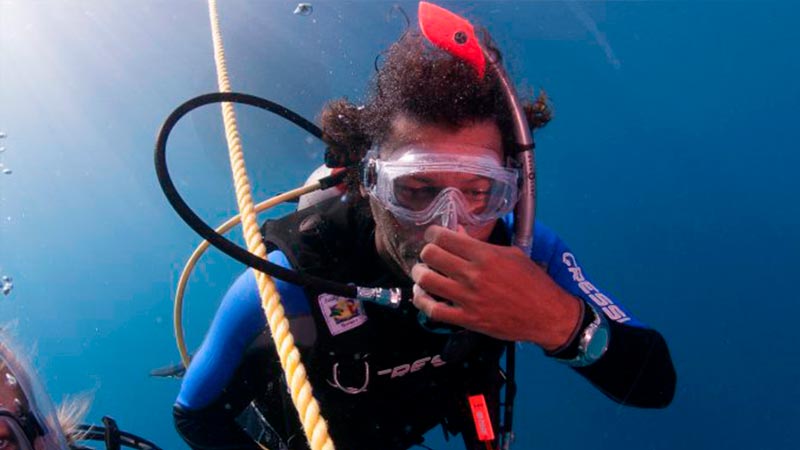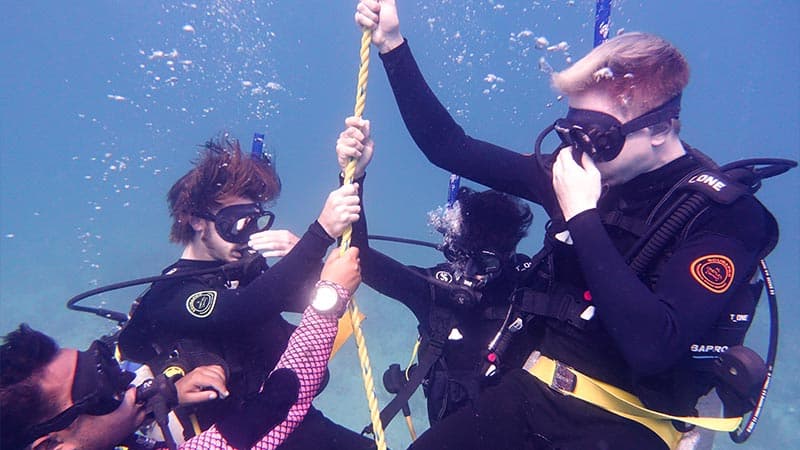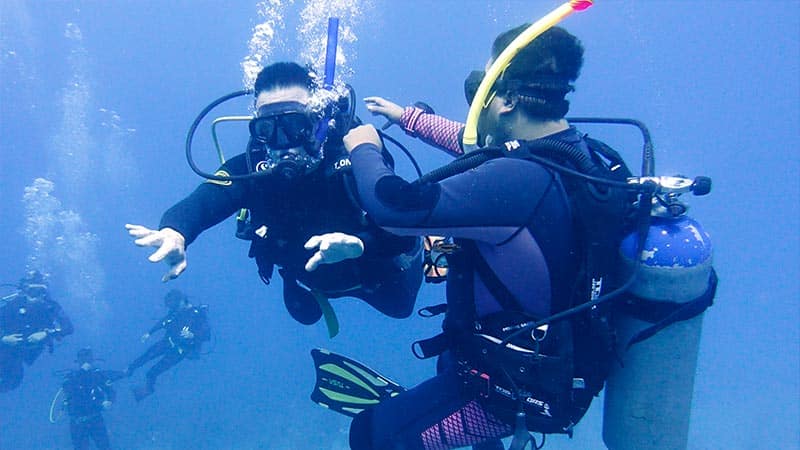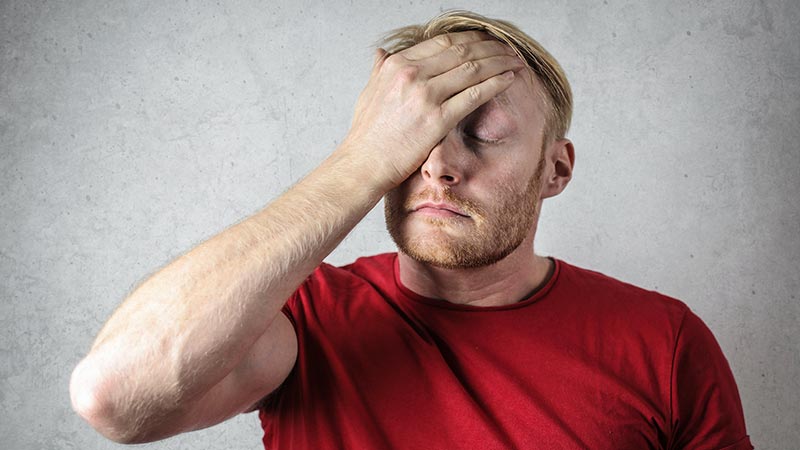2. How to Prevent Headaches After Scuba Diving
2.1. 5 questions that help to prevent headaches after scuba diving
As we’ve seen, the causes of post-dive headaches can be related to tangential aspects of diving without a direct relationship to the most wonderful underwater activity in the world. (Oops, my enthusiasm is showing, isn’t it?)
However, if you’re someone who experiences headaches after diving, according to the Divers Alert Network (DAN), it’s advisable for those who frequently suffer from headaches after diving to perform a self-check consisting of 5 questions.
Have you had any previous head or neck issues? It’s time to look back and think carefully if you’ve had any problems in your head or neck such as persistent headaches or dizziness caused by cervical tension, muscle contractions, etc. Pay attention to nausea, vomiting, strange sensations, blurred vision, or even temporary paralysis and visit an experienced neurologist. Migraines, on the other hand, require expert evaluation. Better safe than sorry, right?
How is your tank positioned? Have you ever felt that discomfort in your head after diving, as if you have tension in your neck and it’s stiff? It could be due to an unusual culprit: the tank valve. Obviously, your tank position is incorrect, and you’ve spent the whole dive avoiding hitting the valve. Seek help from an experienced buddy or instructor to ensure that your neck isn’t doing any acrobatics.
Where is the pain located? Pain is an excellent communicator. Does it radiate from your neck, persistently throb in your temples, feel an annoying twinge all over your head? Or perhaps it settles on your paranasal sinuses or your ears? Identifying the source of the pain can lead you to the cause and, with it, the solution.
Are you controlling your breathing or breathing like a locomotive? We know you’re proud to be a diver and to breathe underwater alongside the fish when others can’t, but let’s talk about the technique you’re using. Remember that getting rid of carbon dioxide from your lungs is a bit like removing that red wine stain from your carpet. The bigger the spill, the more cleaning power you need. Likewise, the lungs require more air the deeper you go. Focus on a slow, steady breathing pattern that relieves headaches. Take a breath, literally. Embrace the art of breathing slowly and deeply to ensure that you efficiently eliminate the annoying carbon dioxide. Shortness of breath? No, thank you. Maintain a smooth and steady rhythm for a serene diving experience.
How was your dive profile? Long or deep dives, rapid ascents, breath-holding, or, worse, rushing to the surface driven by panic, are warning signs of possible DCS (Decompression Sickness). Although fortunately rare, it is crucial to pay attention to any abnormal symptoms after diving. Safety should always be a priority.










